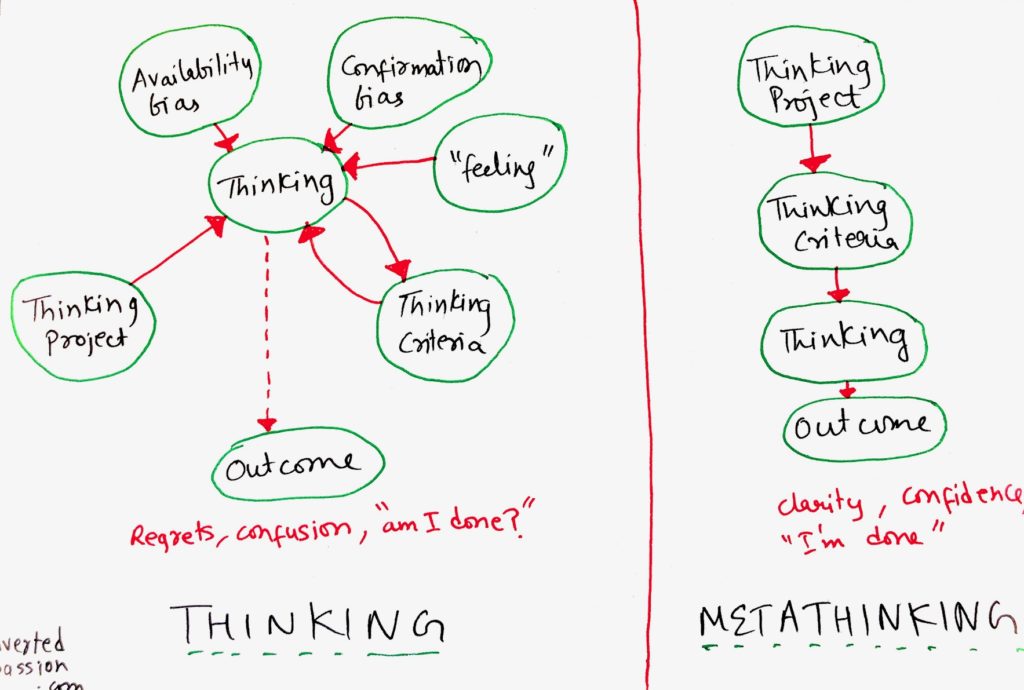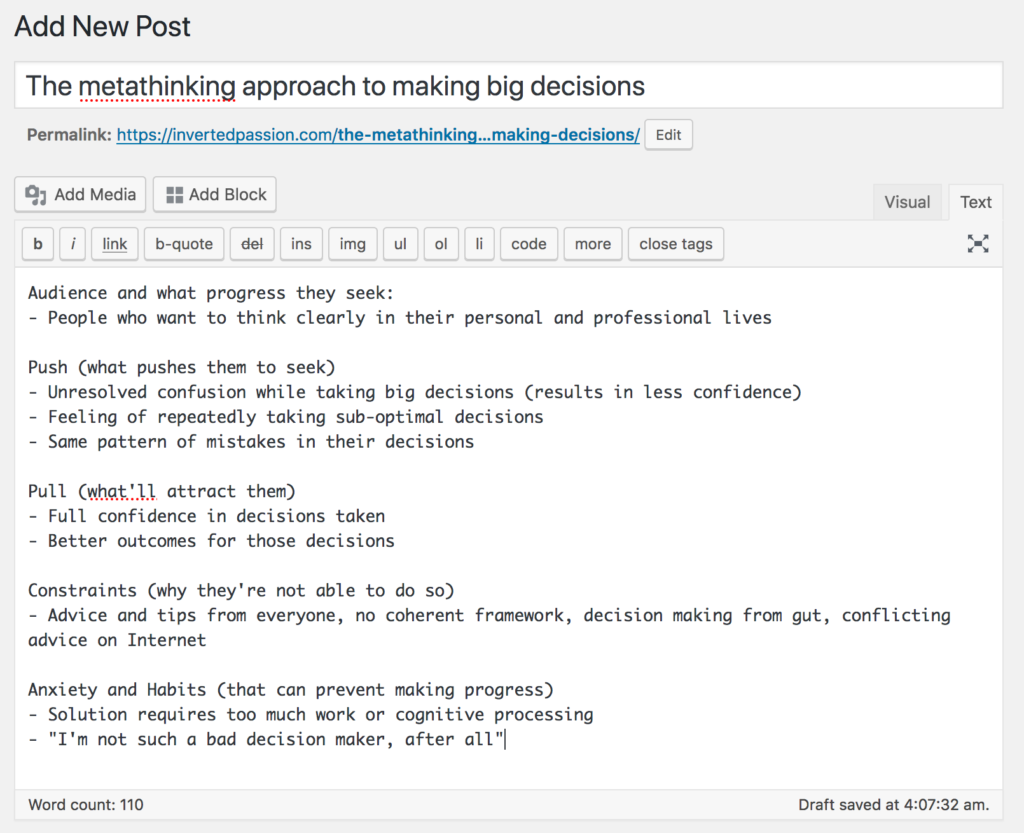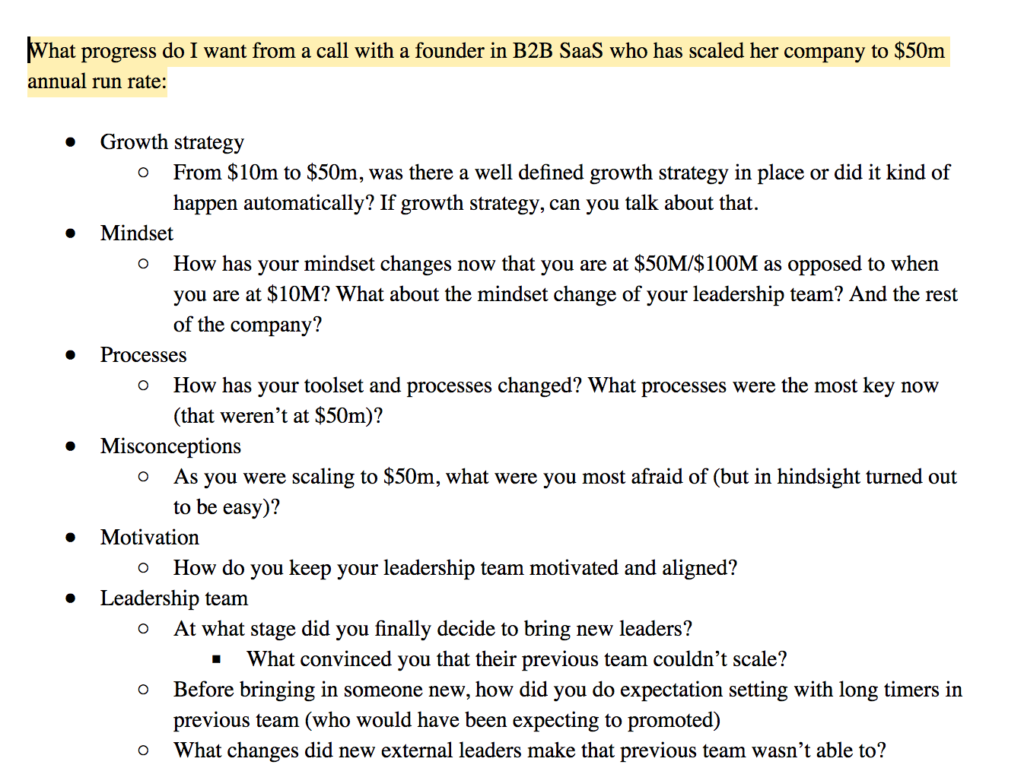Big decisions in life are gut-wrenching. Who to marry, where to work, who to hire, how to fire, which subject to major in, how to make a career change, which car to buy, where to invest, et cetra. We stall and brood over those because all such decisions represent major forks in our life. Usually (but not always) these are one-way roads. After all, you don’t buy a house or choose a company to work for every other day.
Given the importance of big decisions in our lives, it’s a surprise that nobody teaches us how to handle them. We’re taught solving for lever and pulley problems (something we’d never encounter in real life) but we’re not taught how to choose a career.
Imagine the damage this big miss in our education has caused. If we had Decision Making 101, we could have reduced regrets, moved faster in life, saved money and get psychological peace and comfort from making confident, thoughtful decisions.
Our brains didn’t evolve to make the ‘right’ decisions
We need to first admit that thinking is hard, and deep thinking is even harder. This is because our brains never evolved to be certain, they evolved to ensure we survive and reproduce. While we want to optimize (take the best possible decision), our brains want to satisfice (take a good enough decision).
This difference in what we want (choosing the best career) and what our brain gravitates towards (choosing a “good enough” career) results in that familiar gut-wrenching confusion. Once we take a gut-backed decision, we keep asking ourselves: “what if I negotiated a little bit more?”, “what if I had chosen a different major in college” and our brain happily remains undecided because even it doesn’t know! (How would it know if you haven’t done proper thinking?)
The default method of deciding for most people is really sloppy. If there’s a big decision hanging up in the air, we immediately start considering options that occur to us. Then we do a Google search or ask our friends and family. In most cases, this decision making process relies on luck (availability bias): whatever comes to mind or whatever Google search turns up influences not just the decision but what we value.
We’re forgetting how to think
Thinking is hard enough already, but even that ability is slowly getting lost. Reflect on this: when was the last time you closed your eyes and really thought hard about something for more than 5 minutes?. If you do that regularly, fantastic! But with Google just a few keystrokes away, our default method of thinking is becoming web search. We’re delegating our thinking to Google.
Internet is great at giving us pre-thought ideas and knowledge but it is taking away our ability to think in return. This loss of thinking happens in two ways:
- Social media makes us react, rather than to act. Our opinions and preferences are constantly getting shaped by what we see and read around us. Do we really know what we want anymore?
- Google lulls us into a feeling of “thinking” without actually doing any thinking. Reading a Quora answer or Medium article is not thinking, but it feels like that because our brain gets an expanded perspective (one that it didn’t have before).
I do not have an issue with research on Google or reading articles on Facebook or Twitter. What I have an issue with is this path dependence nature of consuming information when you don’t know what you’re looking for.
Thinking v/s Metathinking
I have previously written about the meta-mental model on how to categorize your mental models. But metathinking is different: it’s a process of thinking about thinking.
Everyone, obviously, thinks through big decisions. No matter how deep or shallow it is but there’s always some amount of thinking that goes through before making a decision. But, as I wrote in my previous article on avoiding cognitive biases when you’re paid to think, all sorts of chance events impact what the outcome of thinking. The sequence of information we consume becomes primary influence on our thinking process and decisions. And, when you do a Google search, that sequence of information is totally determined by first few results.

There are SO MANY BIASES in our usual ways of thinking. Consider just a few examples.
- Your current mood could end up kick in confirmation bias. Are you feeling happy on the day of interview? Seeing a foos ball table could end up making you convinced that the company is a good fit for you
- What you read about in the morning newspaper could end up kicking in availability bias. A terrorist attack in the country you were thinking of ends up striking it off from your holiday shortlist.
- The article that’s #1 on Google could make up your entire decision criteria. Inc.com says education degrees are unimportant during hiring, so that goes off the list
- Whatever a nicely dressed and perfumed sales person emphasizes becomes a big decision criteria. Oh, it comes in four colors? I like red, and colors are obviously important for me, so let me pick this one.
The list of biases could go on, but hopefully, you get the idea of how much chance plays a role in deciding things for you.
Rather than going randomly about “thinking”, a much better approach is to “metathink”. That is, before thinking, decide what process you’re going to use for thinking, list down how you’d ensure you prevent common biases, enumerate the criteria that’s most important for you and depending on importance of decision to you, how much time and effort you’re willing to put into “thinking”. Only once you’ve clarity on all these aspects of your thinking should go ahead and do the thinking.
Metathink with me
OK, time for a small exercise. Just reflect on your last big decision. It could be about career, life, purchase you made, trip you took. Think of a decision that involved substantial time, effort, reputation or monetary investment from your side.
Now recall what was your process of taking that decision? Reflect on it from start to end. I recommend writing it on a piece of paper to be able to contrast it with my suggested approach later.
Don’t proceed until you’re done.
Now, imagine that the decision and event never happened, and you have to take the same decision today. How would you go about it?
With experience and hindsight, you’d think that you would take a better decision this time but you’re wrong. Hindsight and experience remove certain biases but they add their own. For example, these factors could significantly influence what you decide (again): your today’s mood, highlights that you remember about the decision, an off-hand comment about your decision by a friend, what you’ve read up recently, etc. Unfortunately, you’ll make similar errors in your decision making even when you do it the second time (ever heard people divorcing more than once? or people changing jobs in quick succession?).
Experience is useless and expensive unless (deeply) reflected upon.
My recommendation is to metathink your decisions. When it comes to thinking, instead of diving straight into thinking, dive into your thinking about thinking. It’s extremely important to start with thinking about how will you decide rather than deciding because any bit of information that comes to your mind during deciding changes your criteria. And that makes your decisions path dependence and open to influence by chance.
Metathinking sounds trivial but isn’t
Chances are that you may be underwhelmed by my advice because decision making criteria is common knowledge. You may have drafted criteria for few of your decisions before, so let me emphasize what you probably didn’t do:
- How often do you make a decision criteria for decisions? Like brushing your teeth, metathinking is a habit. The point is not if you have ever brushed your teeth, but if you do it daily. Similarly, the point isn’t if you’ve ever made decision criteria for your decision, but if you make it each time you need to make a decision.
- Do you make a decision criteria before or after doing research or thinking on a decision? If you make your decision criteria after initial phase of exploration, you defeat the entire point of decision criteria. Metathinking needs to be the absolute first step for any thinking process, otherwise it’ll be biased.
As an example of metathinking, when it came to choosing a city to establish the second Wingify office (a city where I and my wife would have to shift to), here’s the criteria we came up with before talking to anyone or doing any research (in descending order of importance):
- Closeness of city to the airport
- All year moderate and pleasant climate
- Traffic on roads
- Culture (beer, music, plays)
- Tech community
With this criteria, we ended up choosing Pune. Everyone advised us to choose Bangalore, the so-called Silicon Valley of India, but it scored really bad on traffic and closeness of city to the airport. Had I started talking to people without clearly laid out decision criteria, I may have chosen Bangalore (a city that’s infamous for its traffic jams and city being 2 hours away from the airport).
Similarly, as an example, before thinking and writing this blog post, I laid out why this article was needed and what was important to be conveyed.

Another example. Last year, I decided to talk to founders who have scaled their companies to $50mn and beyond. One approach could have been to get on a call and “wing it”: ask them whatever comes to my mind. But these calls were more or less one shot for me: I couldn’t just keep going back if something “occurred to me later”. So, I clearly laid out what I wanted to cover in these calls before going on my first call.

Summing it up
To sum up my advice in one tweet: metathinking is a plan for thinking. Imagine making a building without a plan: going to a construction site and “winging it”. You wouldn’t do it, right? Then why would you not plan when it comes to making big life decisions?
Join 200k followers
Follow @paraschopra